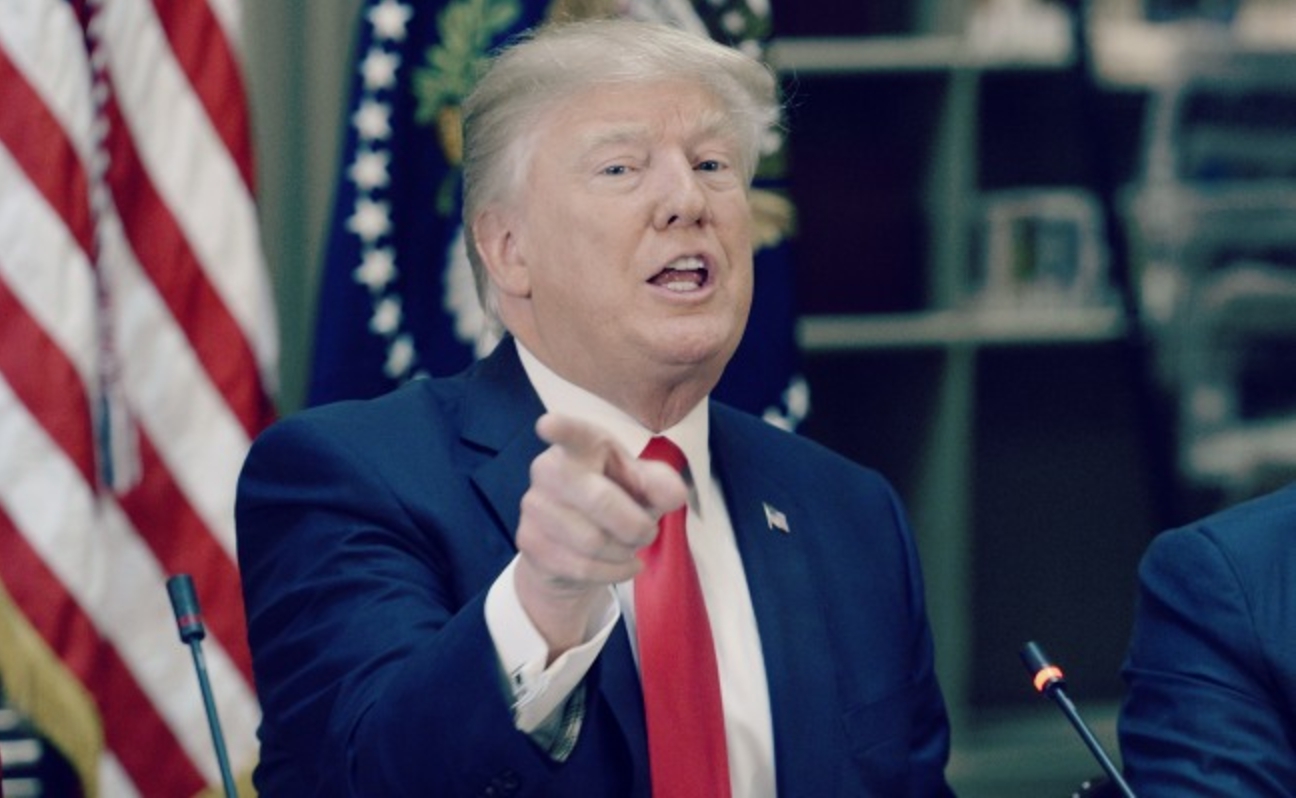
You’ve heard the spiel. Donald Trump loves a big deal. He loves to negotiate and, subsequently, win. On health care and the quest to repeal and replace Obamacare, he was denied that happy ending because neither he or Paul Ryan could figure out a way to shave just enough healthcare protections off the top to allow moderate and conservative Republicans to come to an agreement. Forget Democrats. They were off to the side waving their pom poms as the President’s debut legislative gambit made a foundation cracking thud. But Trump clearly isn’t as ready to move on as many thought he was. And he hasn’t forgotten about those Democrats, who he might be targeting as his next deal making dance partner. Whether they like it or not.
In a new interview with the Wall Street Journal, Trump lays out a method that he’s considering in an effort to bend the Democratic leadership to his will. One that could seriously mess with your ability to pay for your health insurance if you’re a low-income earner who gets a subsidy to offset the cost of that insurance:
Mr. Trump said the White House may lack authority to make the payments established under his predecessor to reduce copayments and deductibles for some of the poorest customers who buy insurance under the 2010 Affordable Care Act. Cutting off the payments could trigger turmoil in insurance markets.
“I don’t want people to get hurt,” Mr. Trump said. “What I think should happen — and will happen — is the Democrats will start calling me and negotiating.”
What and how? According to New York Magazine, this all stems from a May 2016 court decision and a pending appeal:
Back in 2014, the House GOP sued the Obama White House over payments that the federal government was making to insurers, in order to compensate them for the cost of providing discounted deductibles to low-income Obamacare enrollees. Without these “cost-sharing reductions,” fewer insurers would participate in the Affordable Care Act and its markets would likely collapse.
To some, this suggested effort to choke off the Obamacare markets might sound detestable and inhuman, and Trump knows that, which is why he waffled in the interview and refused to say he was definitely going to withhold those payments.
To others, it might come across as a shrewd negotiating tactic or, at least, a means to an end that is better than it could have been. If you allow yourself to honestly judge the situation, you’ll realize that a Republican President with a Republican Congress was bound to do something on the thing he has incessantly railed against. So maybe this represents a move away from the conservative’s wish list toward the middle. Lemonade from lemons. Or something.
Wherever one stands, it’s useful to realize that while this may look like politics-as-usual with a side of ultra scary threats, to Trump, this is also business as usual. He’s all wrapped up in the art of the deal right now, and he’s a man of such boundless confidence that he can’t see it breaking badly… for him. But that’s maybe another mark against the notion that a business leader can seamlessly slip into the role of chief executive of the United States without altering their operating philosophy. Because it’s not just about Trump, his deal, and his win. It’s about the people who could get thrown into a debt ravine and the people who could never ever recover from this ploy if they can no longer afford their health insurance.
To put it more succinctly: this isn’t about his money, it’s about your life.
